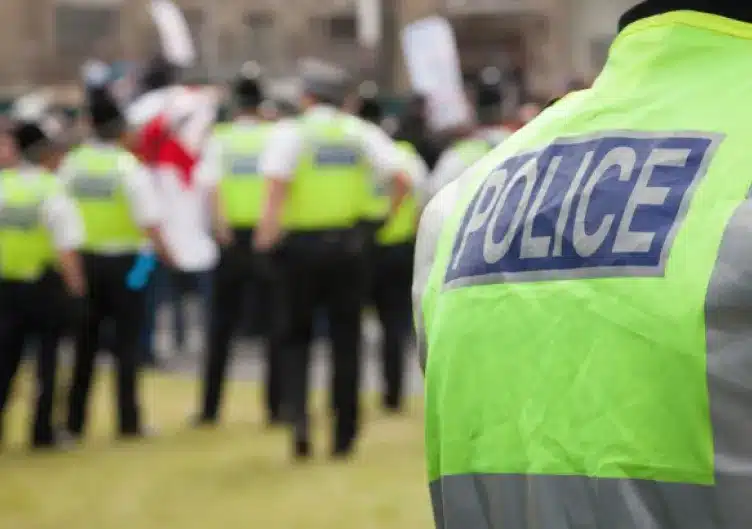
Officers injured in the line of duty will receive fairer treatment when claiming compensation under new guidance, which has been welcomed by Cambridgeshire Police Federation chair Liz Groom.
The revision of Criminal Injuries Compensation Authority (CICA) rules follows extensive work by the Police Federation of England and Wales (PFEW) and the National Police Wellbeing Service (NPWS).
They argued the previous rules were outdated and unfairly excluded officers injured while restraining suspects or responding to violent incidents.
Under the new guidance, CICA must consider whether injuries sustained by emergency workers, amount to a ‘crime of violence’, even when the offender’s actions were reckless rather than deliberate
Liz said: “Assaults on our members are at record levels, but they weren’t getting the support they deserved.
“Far too many compensation claims were being turned down because injuries weren’t deemed to be the result of a crime of violence.
“These changes are a significant and welcome step forward in recognising the risks our members take every day.
“Thanks to the efforts of PFEW and its partners, we now have fairer, clearer guidance that properly acknowledges the dangers of policing.”
Following a joint submission from the NPWS and PFEW, supported by detailed case evidence, the issue was reviewed by the Ministry of Justice and Home Office. Revised guidance was published earlier this month.
Belinda Goodwin, PFEW National Board member, said: “This is an important win for our members and all emergency workers. Too often, officers injured protecting the public were told their injuries didn’t ‘count’ under the rules. That was plainly unfair.
“Thanks to our pressure and evidence, that wrong has been put right. The guidance finally recognises the real-world risks our members face every day and ensures they can access the compensation they deserve when things go wrong.”
Andy Rhodes, NPWS director, added: “This change reflects a shared understanding that our people face danger and trauma as part of their duty to protect others.
“The updated guidance rightly acknowledges that reality. I’m grateful to all who engaged constructively to make this happen: it’s a great example of collaboration in action for the good of those who serve.”
